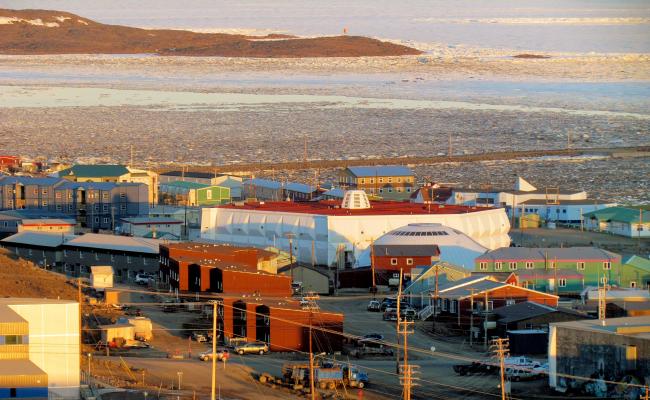Covid-19: Fourth Covid Wave Hits Iceland
A high vaccination rate has not been able to prevent Iceland from being in the middle of a wave of Covid-19 infections. (Photo: Trine Jonassen)
Most of those infected upon vaccination were in the Janssen vaccine group.
Most of those who were diagnosed with Covid-19 in the current wave of the epidemic in Iceland and were vaccinated, had been vaccinated with the Janssen vaccine, RUV Iceland reports.
The vaccines against Covid-19 have been proven to reduce the chance of serious infection. But the country’s Chief Epidemiologist Thorolfur Gudnason says to The Iceland Review that it has not led to the herd immunity that experts hoped for.
The authorities’ main concern is the capacity of the healthcare system, which is at its limits, particularly when it comes to staffing. Gudnason stated in a briefing in Reykjavik yesterday that if the National University Hospital administration informs him that the hospital is being overwhelmed, it will be necessary to tighten domestic restrictions further.
Most of the infected were in the Janssen group
Over 69% of Iceland’s population is fully vaccinated against Covid-19 with one out of a total of four types of vaccine. Just over half of them received the Pfizer vaccine, about 20 percent received Astra Zeneca or Janssen and almost ten percent received the Moderna vaccine.
Our of those who have been infected with Covid in this latest wave, most - or 637 persons - received the Janssen vaccine. That is 1.19 percent of those fully vaccinated. 420 infected people received Pfizer and 270 received Astra Zeneca, which is proportionally higher than those who received Pfizer. Relatively few of the infected are in the Moderna group, but 59 persons who received the vaccine have been diagnosed with Covid.
The vast majority of those who have been infected in the fourth wave of the epidemic are in the age group 20-39 years old, which is a group that for the most part was vaccinated using the Janssen vaccine.
Also read
Restrictions extended
According to the Government of Iceland, Health Minister Svandis Svavarsdottir has decided to extend the current regulation on restrictions on gatherings due to Covid-19 by two weeks, in accordance with the recommendations of the Chief Epidemiologist. The general limit of gatherings will be 200 persons and a one meter social distancing rule will remain in place.
In August, the Icelandic authorities started vaccinating those between 12 and 15 years of age. Vaccination of those who turn 12 this year is planned later in the autumn.
Last week, the Government of Iceland announced that as of August 16, vaccinated passengers with ties to Iceland must undergo testing within 48 hours of arrival in Iceland.
Updated numbers on covid.is shows that there are at present 119 domestic cases of infection (39 quarantined) and 1 border case. In the past week, 170 cases of infection were registered.
Currently the number of infected patients in Iceland is 1,302. Out of these, 1,275 (98%) have a mild condition and 27 (2%) are in a serious or critical condition. So far, there have been 9,246 coronavirus cases in Iceland and 30 deaths due to the virus.





